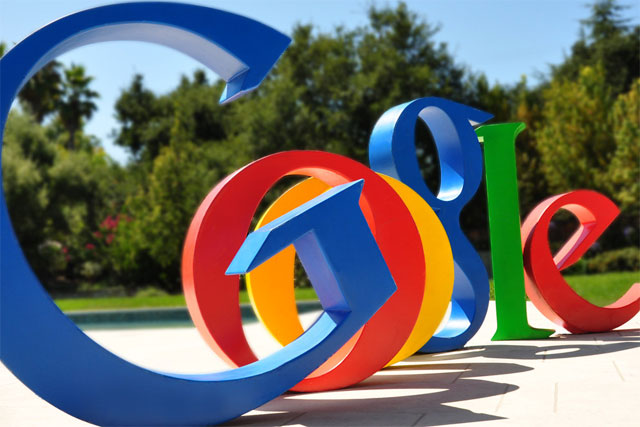
The European Commission launched a probe into Google in November 2010, following a number of complaints from competitors,
Joaquín Almunia, vice president of the European Commission responsible for Competition Policy, has identified four concerns where Google's business practices may be considered abuses of dominance and has outlined them in letter addressed to Google’s chairman Eric Schmidt.
Almunia said in a statement "for the benefit of competition and innovation in the sector" that he hopes Google "seizes this opportunity" to "swiftly" resolve its concerns.
The concerns include Google displaying links to its own vertical search services differently than it does for competitors, which may result in preferential treatment that could "hurt" competing services.
Another concern is that Google may be copying original material, such as user reviews, from the websites of its competitors and using it on its own sites without their prior authorisation.
In terms of paid search, it is concerned about the exclusive arrangement between Google and partners which use Google to power search on their own websites, because they shut out competing providers of search advertising intermediation services.
The final concern is that Google imposes contractual restrictions on software developers which prevent them from offering tools to allow them to transfer search advertising campaigns across AdWords and other platforms for search advertising.
Almunia said: "Google has repeatedly expressed to me its willingness to discuss any concerns that the Commission might have without having to engage in adversarial proceedings.
"This is why I am today giving Google an opportunity to offer remedies to address the concerns we have already identified."
He said that if Google fails to come up with an outline of remedies capable of addressing these points then the ongoing formal proceedings will continue, including the possible sending of a Statement of Objections.
A spokeswoman for Google said: "We've only just started to look through the Commission’s arguments. We disagree with the conclusions but we're happy to discuss any concerns they might have.
"Competition on the web has increased dramatically in the last two years since the Commission started looking at this and the competitive pressures Google faces are tremendous. Innovation online has never been greater."
Just last week which will see factual information about search topics inserted next to results.
The news comes on the same day Google is hosting a raft of politicians and celebrities at its annual Zeitgeist event in the UK, billed as a two-day event where attendees can learn from "leading innovators and discuss topics that influence the global economy, creativity, digital technology, leadership and human rights".
Follow Sarah Shearman on Twitter



.jpg)
.jpeg)
